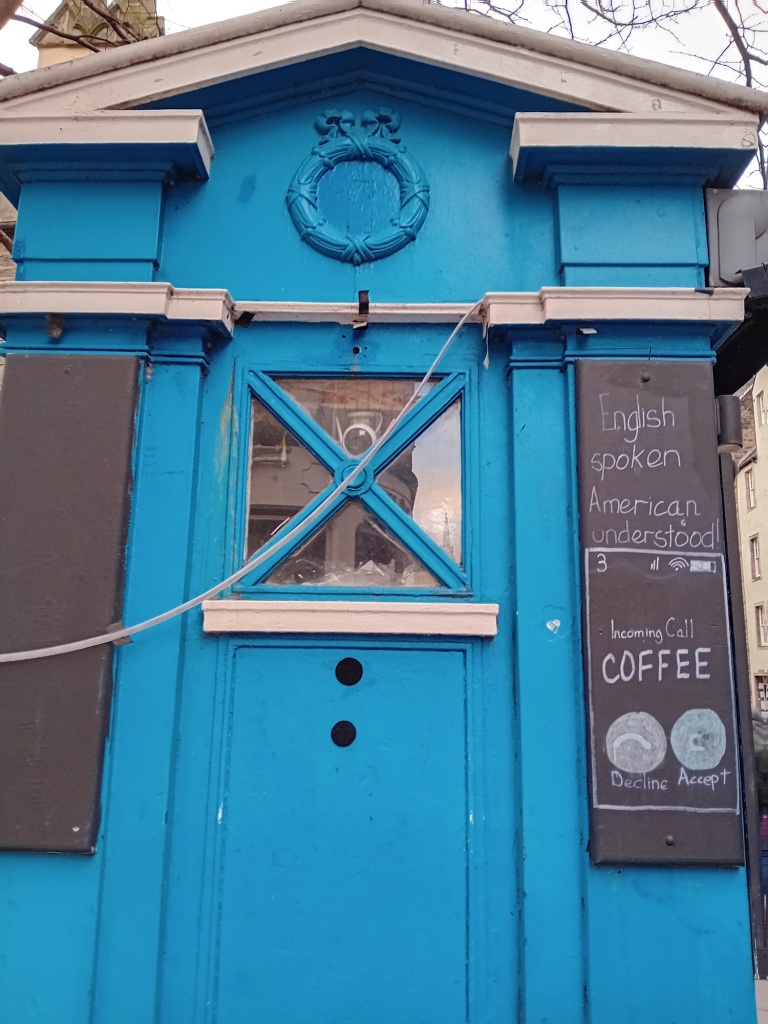Hello,
This week’s post is with thanks to my garden weeding yesterday, because I found a skull. I must hasten to add that it wasn’t a human skull and we didn’t need to call in the police and forensics team.
I was clearing back the old foliage and stalks from my cutting garden, an annual chore before sowing new flower seeds, when I spotted a tiny bird’s skull tucked in beside the wall. It looked ancient and was light as a feather, but I know it wasn’t there last April and we didn’t have a bird’s nest in the climbing rose there last summer. I can only assume the cause of death was either the neighbour’s cats or old age. There were no other remains to lend me a clue.
Naturally this reminded me of the Viking origins of the word skull, which I discussed in “Words the Vikings Gave Us” and that led me to skullduggery and here we are.
In Old English the word for the skull was heafod-bolla, and in Middle English there was some use of the term braynpanne and brain pan is still used today to define the part of the skull which contains the brain.
With the arrival of the Vikings those earlier words were replaced by sculle which came from the Old Norse skalli (bald head or skull) and skull. There are related words in Swedish (skulle) and Norwegian (skult).
As for the mysterious bird skull, I checked with my friend, and cover artist, who has a fascination with such things for his art and he reckoned “A corvid – most likely a young crow or magpie based on the skull size – downturned beak looks like crow.” If the bird was young then cause of death wasn’t old age, probably a cat. If any of you have other suggestions – please leave them in the comments. I’m intrigued.
Now my second word of the week – skullduggery. Although it would be wonderful if the Vikings gave us skullduggery as well as skull but that’s not the case. Skullduggery (which may be spelled with one L or two) entered English usage in the mid 1800s for “underhanded dealings, roguish intrigue” 1856 so it’s much younger word than skull. The term originated in the earlier Scottish word sculdudrie (adultery) in the early 1700s.
By the 1820s it was sculduddery (obscenity, grossness, unchastity) and was probably brought into English usage thanks to the novels of Sir Walter Scott (1770-1832) whose historical novels featured plenty of derring-do and skullduggery. I must confess to not having read any of his work, but they’re on my list. His writing has faded in influence with time but his books and poetry were hugely popular in his day.
I had no idea that skullduggery was defined as adultery. Nowadays it’s a more general term for anything slightly immoral or illegal.
An Irish author brought the word Skullduggery to a new generation by naming his titular sharp-dressing skeleton detective Skullduggery Pleasant. Derek Landy’s books are well worth a read if you enjoy great fight scenes and twisty plots with plenty of magic. The series is technically for older children, but is beloved by adult readers too.
Until next time happy reading, writing, and wordfooling,
Grace (@Wordfoolery)
p.s. Want more Wordfoolery? Subscribe to the monthly newsletter “Wordfoolery Whispers”. Sign up to avoid missing out! Don’t forget to click on the confirmation email, which might hide in your spam folder.











